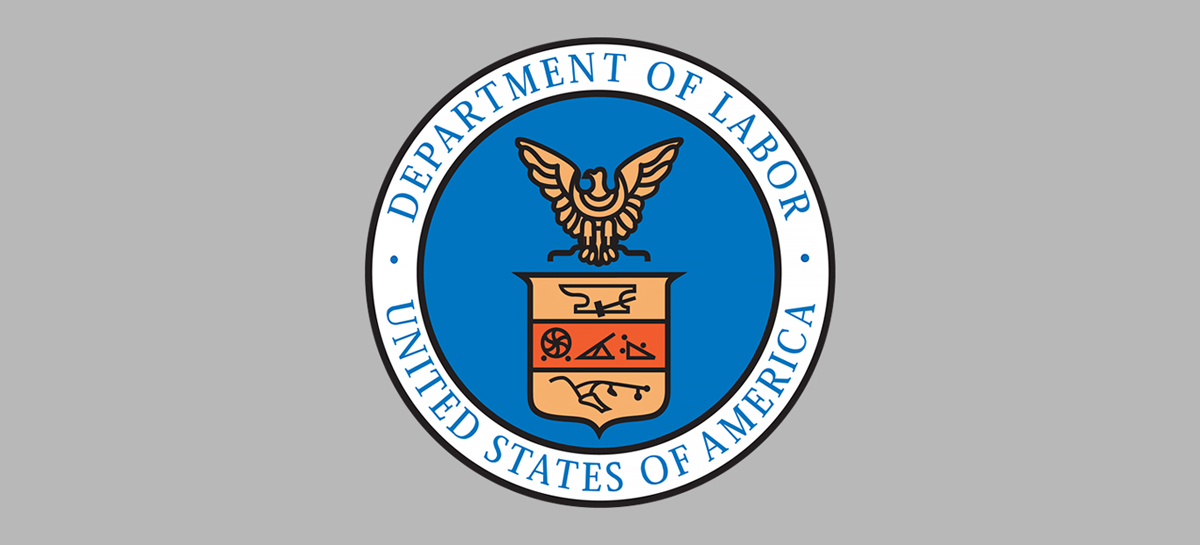
In its recent spring regulatory agenda, the U.S. Department of Labor (DOL) announced its plans to issue a proposed overtime rule in October 2022. According to the agency’s regulatory agenda, this proposed rule is expected to address how to implement the exemption of executive, administrative and professional employees from the Fair Labor Standards Act’s (FLSA) minimum wage and overtime requirements.
The DOL provided a similar notice last fall but has yet to specify what changes it may be considering. In recent years, some experts note that the agency has contemplated modifying the duties test and salary thresholds for exempt employees.
What Will the Proposed Overtime Rule Address? This proposed overtime rule could provide clarity for classifying exempt employees and increasing their salary levels under the FLSA. Some experts believe the DOL could even create automatic annual or periodic increases to exempt employees’ salary levels by linking them to the consumer price index, allowing exempt employees’ salary thresholds to adjust without formal rule-making. The current annual salary threshold for exempt employees is $35,568.
The DOL has held several calls with industry stakeholders and recently conducted multiple regional listening sessions to gather information. Still, there’s no firm date for when the agency will release the proposed overtime rule. Changes to minimum wage and overtime requirements under the FLSA could impact compliance costs and litigation risks for employers.
What’s Next? Regulatory agendas outline a federal agency’s goals for the upcoming months. Although these agendas aren’t set in stone, they give insight into the current administration’s priorities and activities.
Once the DOL publishes a proposed rule in the Federal Register, there will be time designated for the public comment. Subsequently, the agency will review comments and determine whether to move forward with a final rule.
Even after the DOL publishes the proposed overtime rule, it will likely be some time before this rule becomes final, if ever. Employers are not obligated to change how they classify or pay employees until the DOL’s proposed rule becomes final. However, potentially impacted employers will want to follow the DOL’s rule-making process closely.
We will keep you updated on any notable changes. Contact us with any questions or support with your workforce planning.